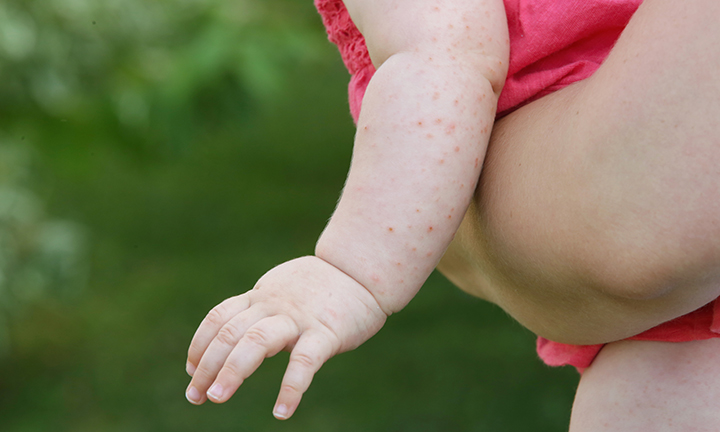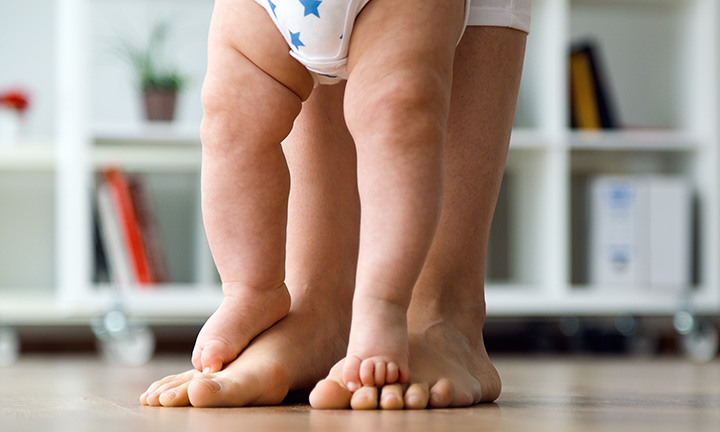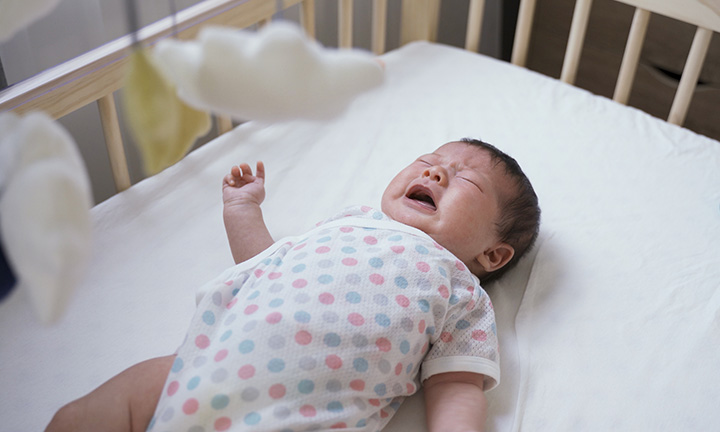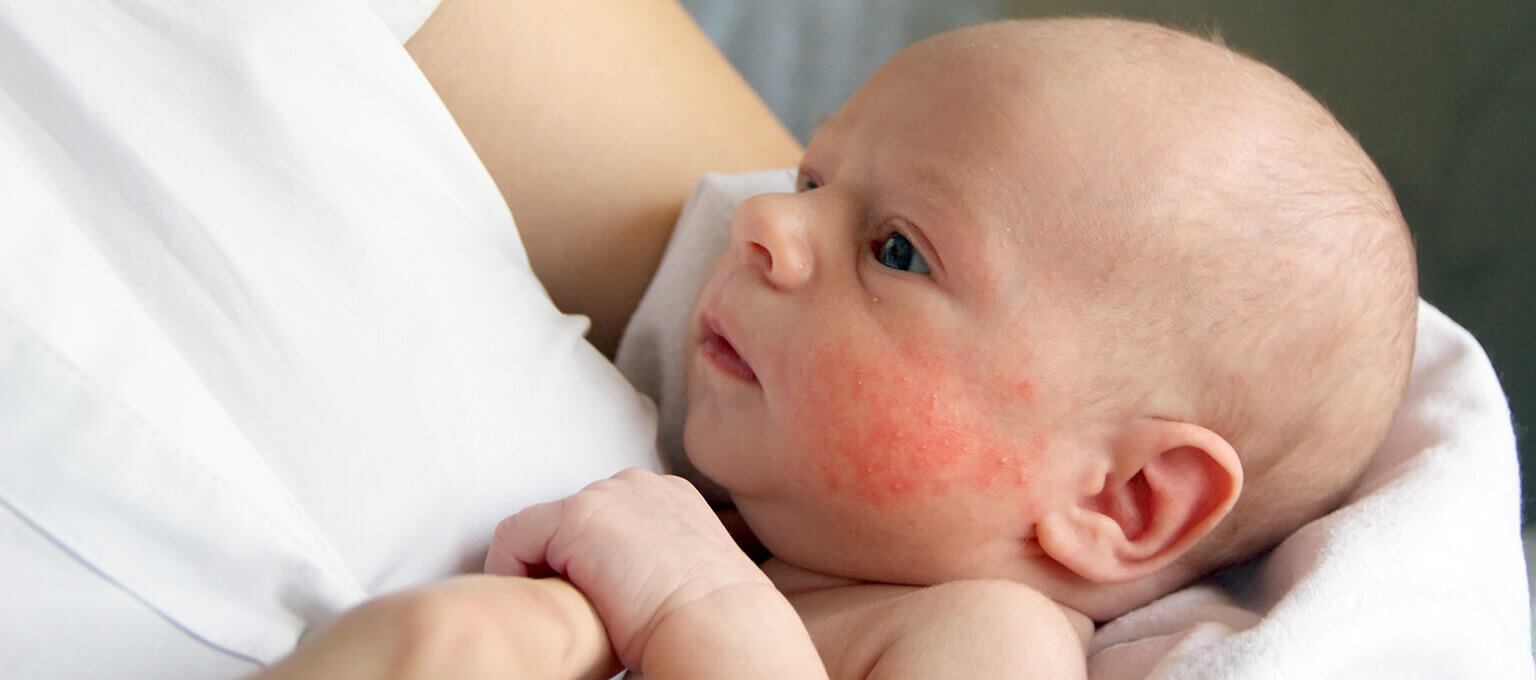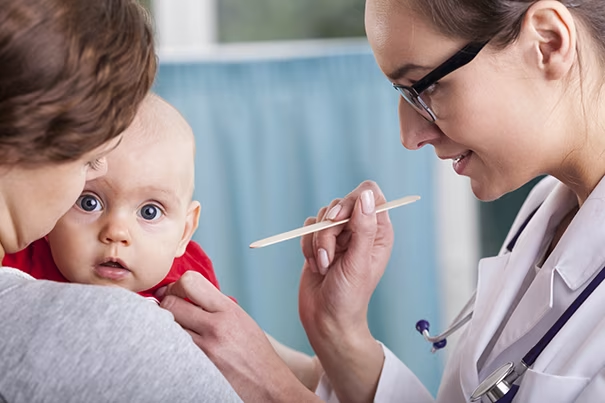
Common kids illnesses: solutions and remedies
Common Cold
A cold is probably the illness your child gets most frequently. On average, a child under seven years gets seven to ten colds per year, each lasting one to two weeks. Children over six months don't usually need to see their healthcare provider for a cold unless there is ear pain, sore throat or fever over 38.8 °C that lasts longer than a day or two.
Another familiar fact: There's no cure for the common cold. Studies show that decongestants and cough medicines aren't very effective in reducing the symptoms or duration of a cold. Antibiotics are not necessary for an uncomplicated cold and may even set up a child for infections with resistant bacteria later on. The solution: liquids and rest.
Fever
This may accompany a cold or other viral or bacterial illness. You can usually wait a day or two to see if other symptoms or complaints develop before seeking medical care for your feverish toddler or pre-schooler. Fevers under 38.3 °C generally do not need to be treated unless a child has a history of convulsions with fever. If he is eating and sleeping reasonably well and is at least somewhat playful, you can watch and wait.
Diarrhoea
Unsurprising in young children, diarrhoea is caused most often by viruses. When severe and prolonged, it can result in dehydration, something that is dangerous and preventable. If your child has a watery bowel movement every one to two hours for more than eight hours, you should check with your healthcare provider. If there are fewer than six diarrhoea events per day and your child is drinking plenty of liquids and is reasonably playful, you can wait a day or two to see if he gets better before calling. Continue to offer his regular diet as tolerated, but avoid fried foods or foods high in fibre, such as beans or broccoli.
Time for action
If your child is younger than six and urinates fewer than four times in 24 hours, has parched, dry lips, produces fewer tears when crying, and is significantly more lethargic, he is dehydrated. If he has loose stools containing blood or pus or accompanied by a fever over 39.4 °C, contact your healthcare provider.
How to help
Children over three years old are often embarrassed about diarrhoea, particularly if they have accidents. Assure your child that this happens to lots of kids, and never scold him about an accident. If his bottom gets irritated, clean it well and then apply a thin film of petroleum jelly or an ointment with zinc oxide. Sipping room-temperature liquids slowly through a straw may help to prevent dehydration without triggering a quick trip to the bathroom.
Steps to prevention
How nice it would be if we could prevent all illness. Though that's impossible, it is possible to reduce the occurrence of many common illnesses. Thorough hand washing is the best way. Remind your child to wash his hands before eating, after using the toilet and after wiping his nose. Other steps to take include establishing a regular sleep routine for your child, offering him a variety of healthy foods, and ensuring that he gets plenty of physical activity.
The upside
On the positive side, minor illnesses in childhood help to build a strong immune system that serves a child well for his entire life. In addition, minor illnesses offer a time for your child to learn about his body, what germs are all about and how healing occurs. He'll probably be very interested in why noses run and poo comes so often. You can help your child to get a sense of how the body works and heals, how today is better than yesterday and how others who were ill are now all better. This will give him a growing sense of himself and an understanding that illness is a manageable part of life. Helping your pre-schooler this way helps him learn and grow.
Don't forget the hugs
Illnesses let your child in on special family rituals like more pillows, cool flannels for fevered brows, yummy chicken soup and special back rubs from mum or dad. Children will often slip back to a younger age of more cuddles and greater indulgences. Parents like that part too, as they are free to baby their baby. Make the snuggling a special time, and enjoy the opportunity. Things will be back to normal soon!
Read more about Baby
Join Pampers Club and get:


